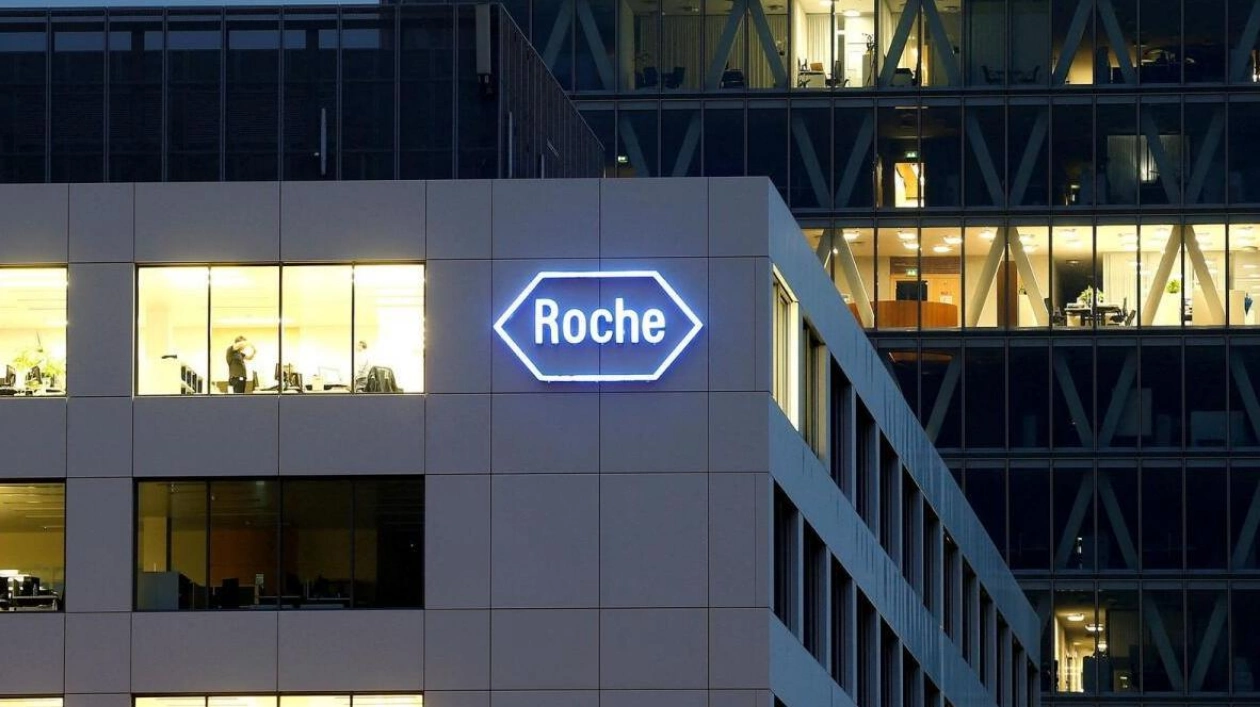On Wednesday, Roche announced positive outcomes from an early-stage trial of a second drug candidate acquired from Carmot Therapeutics, positioning itself as a strong competitor in the obesity drug development arena. The Swiss pharmaceutical giant revealed that its experimental once-daily pill, CT-996, led to a placebo-adjusted average weight loss of 6.1 percent within four weeks in obese patients without diabetes during a Phase I trial.
The company's stock surged by 6.1 percent to reach a one-year high at 1025 GMT, mirroring the market's enthusiastic response to the positive trial results of another Carmot drug reported by Roche in May. Roche is now part of a growing group of companies aiming to challenge Novo Nordisk and Eli Lilly, whose weight-loss injections are in high demand, with sales forecasts for such treatments projected to reach up to $150 billion by the early 2030s.
Roche's experimental pill, designed for patients who prefer not to use injections, was well-tolerated, showing mostly mild to moderate gastrointestinal side effects similar to those observed in other weight-loss drugs. However, the company faces stiff competition in the rapidly advancing field of developing oral medications to replace weekly injections without compromising on weight loss effectiveness.
Structure Therapeutics recently reported a 6.2 percent average placebo-adjusted weight loss after 12 weeks from its pill in a Phase II trial, while Lilly's oral drug candidate orforglipron demonstrated weight loss of approximately 6 to 7 percent over the same period. Pfizer has outlined trial plans for a revised once-a-day pill, and Viking Therapeutics reported a 3.3 percent placebo-adjusted weight loss after four weeks for its experimental pill.
J.P. Morgan analysts noted that Roche's data appears competitive, though comparisons are uncertain. Manu Chakravarthy, who leads metabolic drug development at Roche, commented that the race for easy-to-produce small-molecule chemical compounds for obesity treatment is wide open. He emphasized that the potential unintended effects of this drug class are harder to predict compared to the peptides used in recently established obesity drugs.
Chakravarthy highlighted that working with small molecules is challenging and unpredictable compared to injectable formulations. Roche plans to advance CT-996 to the second phase of human testing next year. Additionally, a drug candidate from Roche's acquisition of Carmot, CT-388, a self-administered weekly injection similar to Novo and Lilly's leading products, successfully completed a Phase I trial in May.
In December, Roche agreed to acquire Carmot for $2.7 billion upfront, joining other companies in challenging the dominance of Novo and Lilly in the weight-loss drug market.






